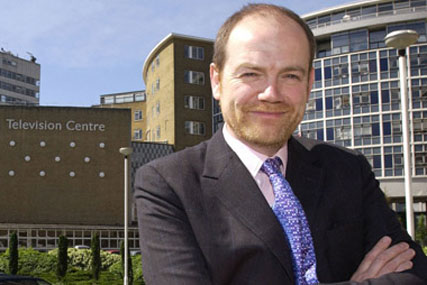
Delivering the opening speech at the Financial Times Digital Media and Broadcasting Conference in London, Thompson told delegates that time-shifted viewing today accounted for 10% of all TV content consumption.
The figure is much lower than the BBC estimated in its 2005 internal report, which predicted timeshifted or "asynchronous viewing" would account for 50% of all viewing by 2011.
However, Thompson warned the "remarkable persistence of linear TV consumption should not make us complacent about the future".
Thompson was introduced at the event by Richard Waters, West Coast managing editor of the FT, who said: "Going back five years there was a definite fear in the media world about digital. Nobody knew where it was going to go … but it’s not the wide open scary internet of piracy we all feared five years ago."
The BBC chief noted that TV consumption has grown over the past five years and "family viewing is alive and well and event TV is as big or bigger than it’s ever been".
Instead, the genre most affected by the rise of digital media has been news provision.
Thompson, highlighting the corporation’s coverage of last year’s election campaign, said: "Different kinds of TV are advancing into the future at different speeds."
The BBC reached 83% of the population but it took an "awful lot of platforms" to do that – radio, online, mobile and TV.
Thompson said: "We have maintained and extended our reach because we don’t rely on a single platform … The future of news is multiplatform, multimedia. In the UK it’s those players who have an interest in multiple platforms who have the highest share of news consumption."
The director general said the industry should be prepared for a sudden shift in the popularity of timeshifted viewing. This will be driven by the usability, or not, of IPTV services, which he argued must live up to the standards for intuitiveness and simplicity set by the iPlayer.
The BBC’s catch-up service served 162 million programmes in January to around 25 million households in the UK – with platforms such as iPad, iPhone, smartphones and games consoles notching up the greatest month-on-month growth.
Thompson referred to recent unnamed IPTV trials, in which "many of the participants drifted back to the linear schedules" because of the effort required to find anything else. The "more weblike" the experience the less appeal to users, he argued.
But if IPTV services such as YouView, the delayed project backed by the BBC and six other partners, makes catch-up TV easier to use, timeshifting could grow. Were it to reach a 15% share, Thompson observed, it would be greater than BBC Two and Channel 4 combined.
He also noted the influence of social media, saying "social recommendation via services such as Facebook could be as mission critical as our position on an EPG" and called for Ofcom to come up with a plan for the development of mobile TV in the UK.


.jpg)


.jpg)